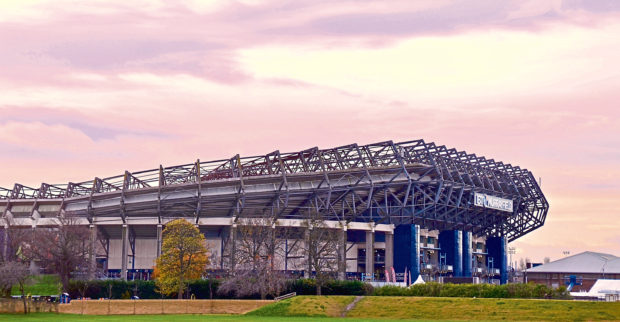It was billed as a packed programme of elite sporting competitions throughout 2021.
The postponements of so many events, including the Tokyo Olympics and European Football Championships last summer because of the Covid-19 pandemic was supposed to herald a hectic schedule of high-class action during the coming months.
But, even just a week or so into the New Year, it is looking increasingly likely that the administrators will have to tear up many of their plans and attempt to make some kind of sense of what is developing in the midst of a rising death toll in many countries.
Japanese officials have already insisted that if the Olympics don’t go ahead in 2021, they won’t happen at all: which would be the first time since the Second World War that the Games have been cancelled. And leading IOC official Dick Pound has admitted that possibility has grown – along with spiralling Covid cases – in the last few weeks.
Tokyo is currently at the centre of a third wave of infections, which has prompted the prime minister, Yoshihide Suga, to declare a month-long state of emergency in the capital and three neighbouring regions.
And a recent opinion poll by the public broadcaster NHK found that 63% of Japanese people supported another postponement or cancellation. Should that happen, it would probably mean the ditching of the 2022 Winter Olympics.
One observer in the city stated: “It’s only two and a half months until the torch relay [involving 12,000 participants]. I don’t think there is any way we can get the virus under control during this period.
“And even if we do, there would be serious concerns about thousands of spectators from so many different countries travelling here in less than six months.”
The Victorian government is expected to announce by the middle of this week whether the Australian Grand Prix will be moved to a date later in the year.
But reports suggest that the race, which is due to be staged at Melbourne’s Albert Park in March, will not be run as the season curtain-raiser for the second year in a row.
In rugby, meanwhile, the British & Irish Lions will decide in the coming weeks whether their visit to South Africa, scheduled for July, will go ahead, but there is little likelihood of thousands of fans being allowed to make the journey to the Republic unless new vaccines are rolled out quicker than current forecasts suggest.
The four home unions, and their hosts, have reached the conclusion that a tour without supporters – between 30,000 and 35,000 visiting supporters are expected for the eagerly-awaited three-Test series against the reigning world champions – would not be commercially viable. But implementing an alternative scheme presents challenges.
“We are making plans on the latest information available to us,” said the Lions managing director, Ben Calveley. “Given the uncertainty that continues to be caused by the pandemic in both South Africa and the UK and Ireland, we are very aware of the need to make a timely decision on the best way forward.”
At the moment, there are no no plans to rearrange the dates of the men’s Six Nations Championship, with Scotland launching their campaign at Twickenham on February 6.
But the women’s tournament is in jeopardy with dates still to be arranged. While England’s players are professional and have the capacity to operate in a “bubble” for the duration of the Six Nations, this does not apply to the other participants.
France are semi-professional, but the majority of Scotland, Ireland, Wales and Italy’s players are amateurs, which means they have to balance rugby alongside jobs and could not commit to being part of any “bubble” for a matter of days, let alone weeks.
It may be that matters improve in the spring, but the only clear message for the winter’s sporting programme is that nothing is clear at all.
